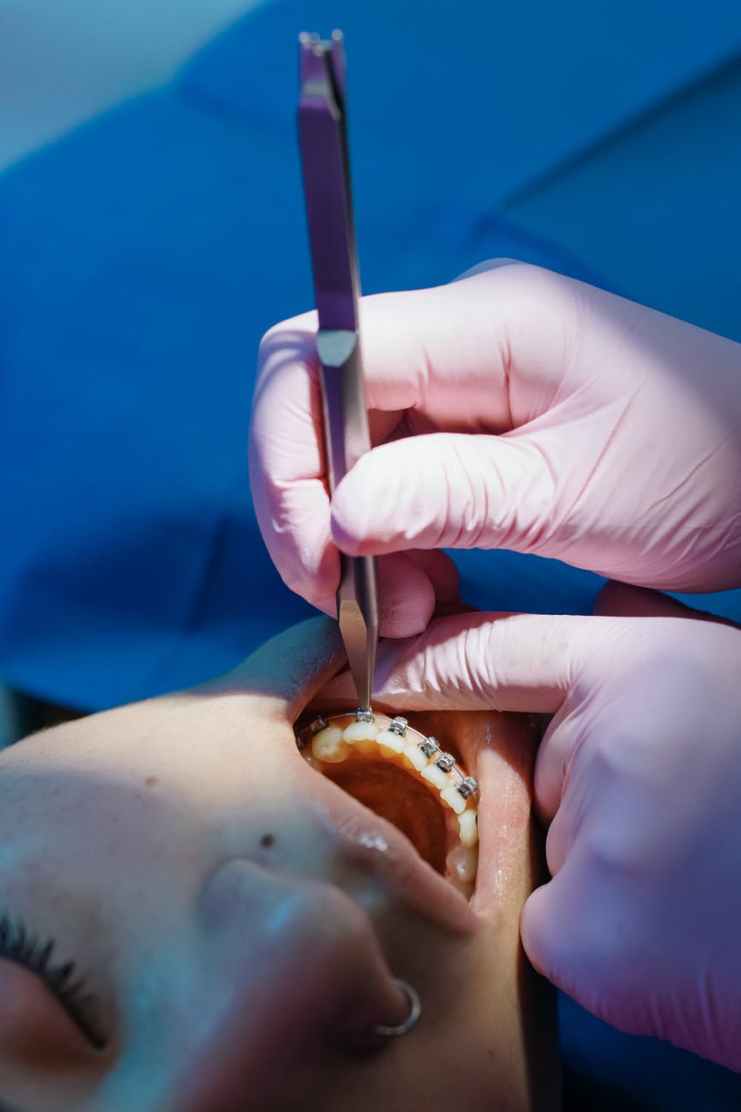Night time and weekend appointments as dentists work round the clock to clear pandemic backlog of 350,000 checks

Dentists are trying to tackle the backlog of care built up by the Covid-19 pandemic so NHS dental patients are to be offered care over weekends and into the night.
More than 350,000 additional dentist appointments are to be made available to patients in England over the coming months, the NHS said.
NHS dental services across the country are to be awarded a share of a £50 million funding pot to help services recover to pre-pandemic levels.
Children, people with learning disabilities, autism or severe mental health problems will be prioritised as part of a dentistry “treatment blitz” over the coming months, NHS England said.
It said that dentists involved in the scheme will be paid more than a third on top of their normal sessional fee for delivering care outside of core hours, such as early morning and weekend work.
‘Time-limited’
However, leading dentists have said the new funds are “time limited” and more needs to be done to protect the NHS dental service going into the future.
The British Dental Association (BDA) said that since March 2020 38 million dentist appointments have been “lost” across England due to lockdown restrictions and infection prevention measures.
It has warned the backlog will take years to clear but the new funding pot is a “time-limited package”.
Chief dental officer for England Sara Hurley said: “Dental services are a vital part of the NHS providing oral health care to all age groups and that’s why we have taken this unprecedented action to boost NHS dental services.
“More than 600 urgent dental health hubs were rapidly ramped up during the pandemic to deliver urgent care for patients and the NHS is now getting key services like dentistry back to pre-pandemic levels – injecting an extra £50 million into routine services will help provide check-ups and treatment for hundreds and thousands of people.”
Minister for Primary Care Maria Caulfield said: “Access to NHS dentistry has been given a much-needed boost with an extra £50 million announced for NHS dental care services which will urgently give more people access to vital dental care when they need it.
“Through the pandemic, we have prioritised urgent dental needs, vulnerable patients and free treatment for children, and thanks to the hard work of staff the delivery of urgent care is back to pre-pandemic levels. We are now working with the dental sector to recover and reform services, and this £50 million boost will help with that recovery.”
Shawn Charlwood, chair of the BDA’s general dental practice committee, said: “Any additional funding is needed recognition of the huge backlogs facing NHS dentistry.
“After a decade of cuts a cash-starved service risks being offered money that can’t be spent. Hard-pressed practices are working against the clock and many will struggle to find capacity ahead of April for this investment to make a difference.
“Until today not a penny of the Government’s multi-billion-pound catch-up programme had reached dentistry. This is progress but must be just the start if we are to rebuild a service millions depend on.”
A number of reports from the patient watchdog Healthwatch England have pointed to serious problems to dentistry access throughout the pandemic.
Healthwatch England found wide-ranging issues from people being asked to wait for three years for an appointment, others asked to conduct “DIY dentistry” while waiting for help and some felt they were being coerced into “going private”.
Jacob Lant, head of policy at Healthwatch England, said: “This is a vital injection of money and will help tackle the spiralling crisis in dental access and affordability.
“We are particularly pleased to see NHS England prioritising appointments for vulnerable people, including children, with many missing school and suffering in pain as a result of dental problems that were entirely preventable through routine care.
“There still remains deeper and more systemic challenges in the dental sector that have been laid bare over the last two years, but we need to build from this and start to get the nation’s oral health back on track after this dreadful pandemic.”